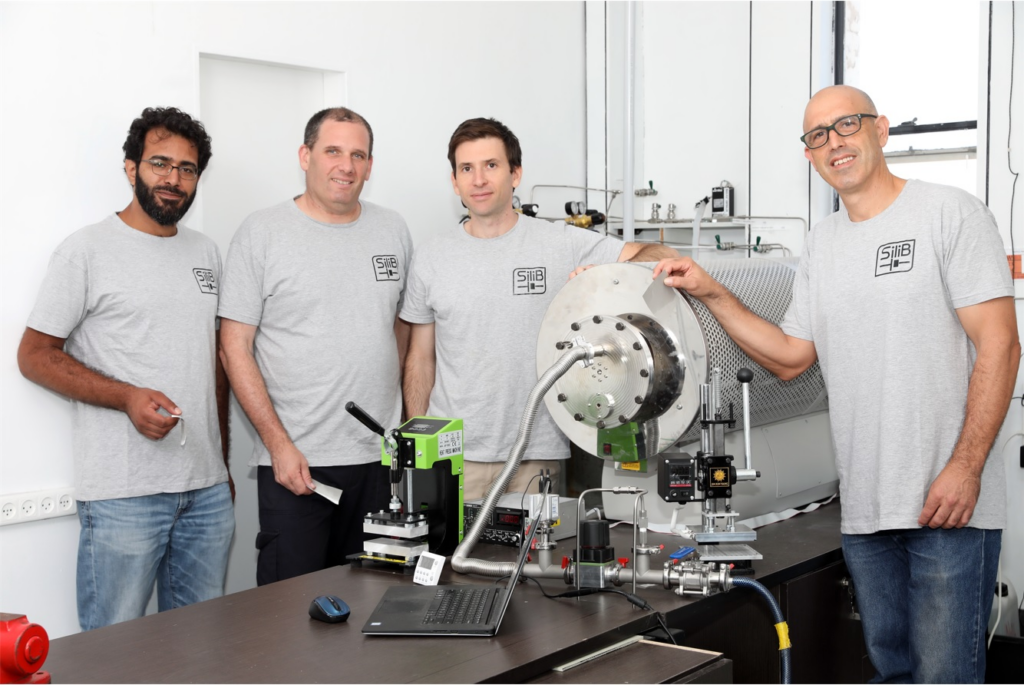
Israeli startup Silib has raised $3 million for developing a technology that enables electric vehicles a longer driving range without increasing the volume of the batteries or a longer operating time of various electronics supported on batteries.
The investors are Israel Innovation Authority, Nature Capital, and Mobilion Ventures which led the investment round. Mobilion is backed by strategic investors from the global automotive industry, including Nexus Automotive International, BorgWarner, and Mitsubishi.
One of the significant barriers to increasing the market share of electric vehicles lies in performing vehicle batteries.
A group of professors from Tel Aviv University, Prof. Emanuel Peled, Prof. Fernando Patolsky and Prof. Dina Golodnitzky, have demonstrated the possibility of increasing the battery capacity by 40% and thus increases the travel range.
Silib, founded in late 2020 by CEO Dr. Arnon Blum, an experienced entrepreneur in batteries, has developed technology based on their academy research findings.
The challenge in lithium-ion batteries is to increase the energy capacity of the battery while keeping it in a small physical volume
So the industry is looking for effective materials for the task, and one of these materials is silicon. However, while charging the silicone, it increases its volume, resulting in the battery swells and quickly loses its capacity.
Silib developed a technology based on pure silicone while maintaining a small volume that prevents the battery from swelling. It allows a longer driving range in an electric vehicle without increasing the volume of the batteries, or a longer operating time of electronics supported on batteries.
According to Dr. Arnon Blum, Silib does not intend to be a battery manufacturer. “battery production is an expertise that already exists in many companies,” he said, “and it requires enormous sums. The company intends to be a manufacturer of the battery components or to issue licenses for the production. We keep the production process cheap and simple. “
According to Avi Feldman, managing partner in the Mobilion fund that led the investment in the company:
“The world of electric vehicles has undergone the first revolution, lowering the prices of lithium batteries, thus enabling the electric vehicle to become economically competitive against internal combustion engine-based vehicles.
In the past decade, prices reduced by an average of $ 1,500 per kWh to $150, and they continue to fall considering the significant increase in global production capacity.
We are now amid the second revolution in electric vehicles, which will create batteries with a higher capacity that will allow the amount of electrical energy in each vehicle to increase and significantly increase the range of travel.
In addition, Silib’s innovation will make it possible to reduce the vehicle’s curb weight and increase the space allocated to passengers. Mobilion will continue to invest in breakthrough technologies in smart transportation, focus




